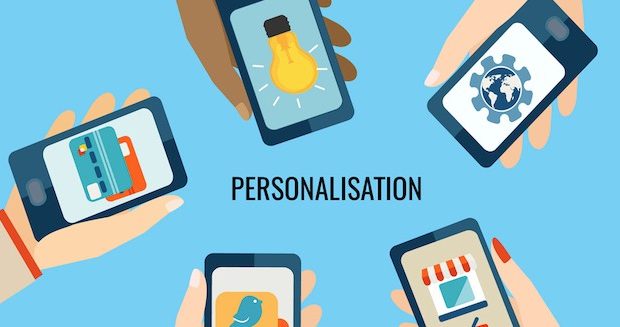As the Bank of England warns of a recession by the end of the year and concern grows around the impact that increasing costs will have on consumer spending this festive season, a new report has revealed significant failings when it comes to customer service performance across the UK’s leading retail brands. The findings indicate that over two fifths (42 per cent) of enquiries are being ignored or left unanswered, with just 13 per cent answered in full and in a timely way.
The Convers-AI-tional Nation Report, conducted by customer engagement platform CM.com, analysed the performance of the UK’s top 25 retail brands, according to annual turnover figures from Retail Economics, posing common customer enquiries to each available communication channel (Website, Telephone, Email, Online Contact Form, Chatbot, Call Back, Voice Bot, Live Chat, Facebook Messenger, WhatsApp, Twitter, Instagram). The questions ranged from simple FAQs like ‘how can I make a complaint?’ to more specific queries such as ‘how can I return an item?’. Brands were ranked in accordance with metrics pertaining to responsiveness and effectiveness, with companies scored based on their reply times (ranging from under five minutes to longer than ten minutes) along with the quality of the response provided (answered fully, partially, or not at all).
According to the report, Next, M&S and B&Q are leading the way when it comes to the number of customer communication channels available to shoppers. These brands all offered eight or more customer service channels, with questions being answered more efficiently and effectively than brands with less channels available. Overall, the study found that just 8 per cent of the retailers audited offer customer service support via a human agent 24 hours a day.
The findings also reveal that the retail brands offering more ways for consumers to get in touch were able to provide timely and more complete answers to questions posed. Those brands, in turn, had a higher annual turnover, with the top 10 retail brands for customer service having over £7.2bn more than the average turnover of those brands ranked in the bottom 10.
The study indicates disparities when it comes to customer service across different sub-categories within the retail sector. Overall, eCommerce companies lead the way for responsiveness to customer queries, in addition to boasting the second most customer service channels (averaging 6.5) compared to grocery (6.1), home and electronics brands (6.1). Apparel companies averaged the most customer service channels at 7.3 across the retail companies audited Overall, the findings highlight that Home and Electronics brands have the greatest work to do when it comes to customer service, with enquiries left unanswered and communication lines open for shorter periods of time, compared with retail brands in other categories.
James Matthews, Country Manager, UK & Ireland at CM.com said: “As the retail industry prepares for the busiest period of the year alongside the backdrop of challenging economic conditions, providing exemplary customer service experiences must be a priority. Automating customer service with chatbots is one option for brands to scale their operations during the Black Friday and peak retail period, enabling them to handle popular questions around shipping times and stock levels efficiently. Another option for brands is to combine both human agents and AI chatbots, which can help resolve customer queries effectively, and improve the overall experience. Having this in place should no longer be considered as simply nice to have but seen as an opportunity to drive significant return on investment and long-term loyalty.
“While the study has revealed gaps and discrepancies in customer service across the retail sector, it also highlights considerable opportunities for brands that are proactive at putting measures in place to ensure they are delivering positive experiences. Not only does this have a huge role to play in driving customer satisfaction and engagement generally, but evidently there is a clear link between better customer service and increased turnover, which is now more important than ever.”








Share